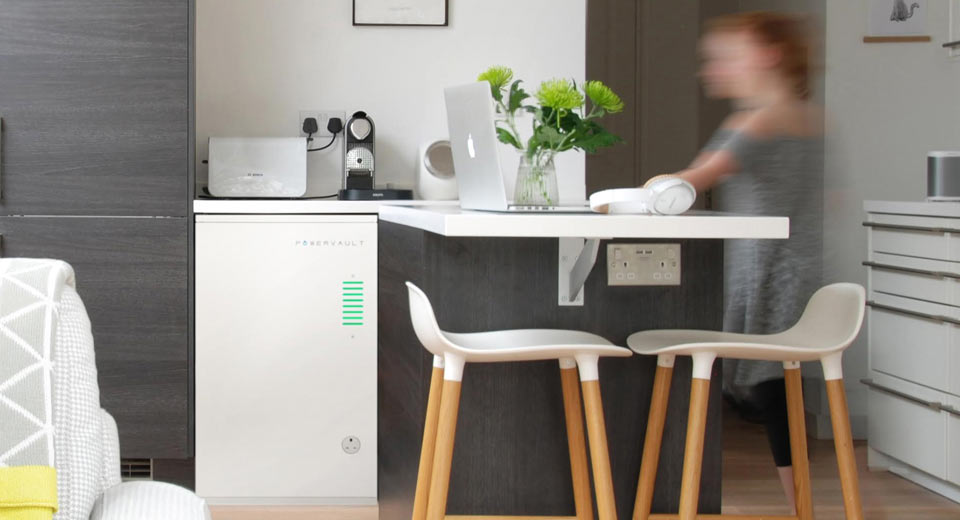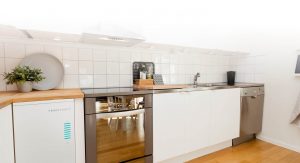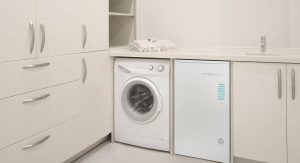What happens to the battery packs after they’re no longer usable in electric vehicles? That’s one of the big questions surrounding the long-term environmental impact of EVs, and Renault has the following answer.
In a setup not unlike Tesla’s Powerwall system, Renault has teamed up with a company called Powervault and electric company M&S Energy to repurpose automotive batteries for use in homes and other real-estate applications.
The idea is that, after the batteries have been in service for eight to ten years in an electric vehicle (like the Renault Zoe, Twizy, or Kangoo ZE), they’re no longer suitable for automotive applications – but still have enough capacity for other applications. So they’re removed by the automaker, tested and repackaged into a home storage unit by Powervault, and given a second lease on life for another ten years or so.
A year-long trial program will kick off next month in the UK, where 50 such units are being distributed to customers of the electricity division of retail giant Marks & Spencer. The initial customers already have solar panels installed, and the battery packs will allow them to store energy captured when the sun is up for later use, namely during peak hours when electricity costs are highest. Some schools, “social housing tenants,” and residents of Hyde will also be eligible while the participating suppliers evaluate its long-term prospects.
In addition to the environmental impact, sourcing the batteries from EVs is estimated to cut the cost of the home battery system by 30 percent. If it works out, we could see the initiative rolled out in other markets – and possibly spread to include batteries from electric Nissans and Mitsubishis as well.






